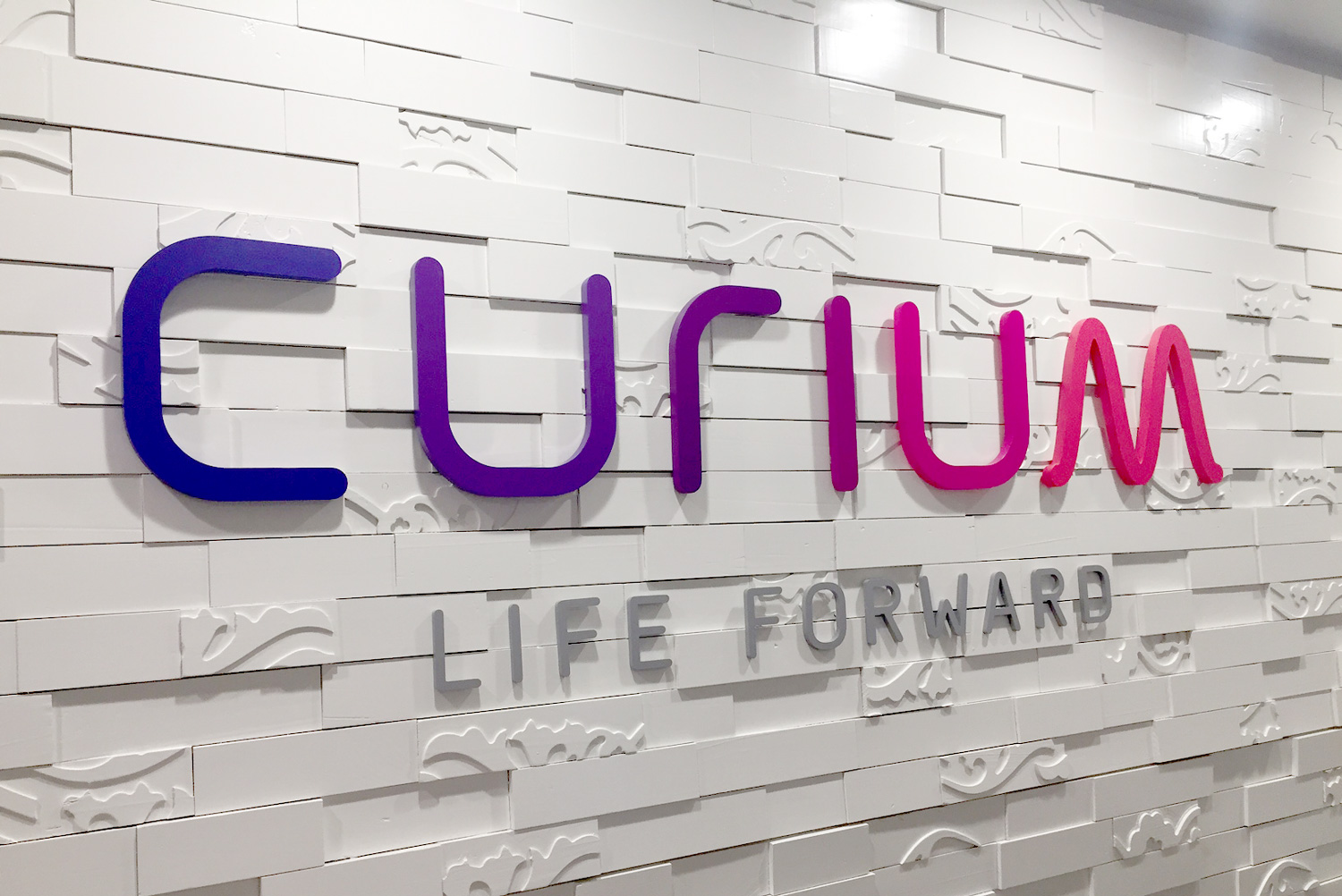
9th noviembre 2022
Nuclear Medicine Outlook: Proven Molybenum-99 Supply Chain Reliability and New Planned Capacity Continue to Benefit Patients
———
Download as PDF: English
———
A robust supply chain for the future despite near-term shortages
- Measures in place minimize impact of near-term molybdenum-99 shortage
- More than ten years of Mo-99 supply chain resilience
- Cooperation, investment, and facility upgrades for the benefit of patients
(Paris – Nov. 08, 2022) – In response to the shortage of molybdenum-99 (Mo-99) that the nuclear medicine community faces in November 2022, the world’s major processing facilities and reactors confirm the details of their plans to continue serve the 40 million patients a year who undergo technetium-99m (Tc-99m) based SPECT scans to diagnose life-critical diseases. This shortage will also impact Xe-133, and to some extent I-131.
Despite the industry’s robust supply chain security programs in place, the shortage in November is a result of planned outages and unscheduled maintenance programs at individual facilities that unfortunately have overlapped in November. To address this anticipated shortage, a number of measures are underway at processing facilities and reactors to ensure a minimum of disruption to patients, including:
- NTP, currently irradiating targets at the SAFARI reactor, has increased its capacity to push production to its maximum level. Moreover, the SAFARI reactor has postponed its scheduled maintenance in November by a week
- ANSTO, with the OPAL reactor restarted as planned on 5th November 2022 will maximize its weekly output towards the end of week 45
- The LVR-15 reactor, currently undergoing maintenance, will restart 10 days early, on November 18, with an extended cycle
- The HFR reactor, currently undergoing maintenance, is scheduled to restart 24th November and is looking into opportunities to restart a few days earlier
- The BR2 reactor in Belgium has experienced a mechanical failure, and ongoing investigations have delayed the reactor’s restart date until 17th November at the earliest
Reliability of Supply Initiatives
The reactors the nuclear medicine community relies on for production of medical radionuclides and Mo-99 processors meet regularly under the flag of Nuclear Medicine Europe in order to align planning of reactor schedules. While this scheduling ensures the best possible coverage for the reliable production of these radionuclides, it cannot predict unplanned outages. This scheduling also helps to keep reserve capacity available throughout the year.
This shortage of Mo-99 follows more than ten years of Mo-99 supply chain resilience with longer-term initiatives in place and investments to ensure a reliable supply of Mo-99 for hospitals and nuclear pharmacies – ultimately serving the patients awaiting diagnosis. These initiatives include:
- In recent years, approximately €400 million has been invested in upgrading existing nuclear research reactor facilities in Europe, Australia, South Africa, and Argentina, including installing new equipment to irradiate Mo-99 targets
- Significant upgrades/ reliability programs have been and are being implemented yearly at each reactor and in each molybdenum production facility, via planned and coordinated maintenance programs, ensuring:
- High reliability levels
- Redundancy of supply throughout the year
- Current shortage is evidence of this approach, with MARIA, HFR and LVR-15 undergoing major upgrade programs in the coming weeks – the structural redundancies built into the supply chain could not be activated in this very specific instance.
A History of Mo-99 Supply Reliability
These longer-term initiatives have contributed to a robust supply chain and reliable supply of Mo-99 over the past ten years, as evidenced by:
- The transition from HEU (High Enriched Uranium) to LEU (Low Enriched Uranium) targets is close to completion for all Mo-99 processors, and has not impacted supply/capacity, despite lower yields
- Mo-99 has been successfully shipped to all main Tc-99m generator manufacturers throughout the COVID crisis – even during Q2-Q3 2020 – despite the significant limitations and decreased in airfreight capacity
- Reactors have been irradiating uranium targets at uptimes (in number of days of active vs. planned operation) > 95% as well, i.e. with no material impact of unscheduled stops
- Throughout this period of ten years, Mo-99 supply reliability has been well above 95%
Additional Planned Reactor Capacity
Current industry players are in a strong position to reliably supply the needs of patients over the long-term, despite the anticipated supply issues in the next few weeks. Resilience of the current Mo-99 supply chain is further evidenced by additional reactor capacity that will emerge in coming years, creating significant reserve capacity:
- New reactors are expected to come online in Germany (FRM II) and France (JHR):
- The Bavarian Ministry of State for Environment and Consumer Protection has approved the construction and operation of an irradiation facility for uranium targets at Garching’s FRM II facility in Germany (reactor has been operational since 2005), enabling to cover a large part of Europe’s demand
- Up to an additional €3.5-4 billion in additional investment is either planned or under consideration to construct new nuclear research reactors in the Netherlands (PALLAS) and Belgium (MYRRAH) over the coming 10-15 years:
- The Netherlands has committed to finance PALLAS (Dutch Ministry of Health, Welfare and Sport is reserving €30 million for the project this year and €129 million per year from next year/ over the coming 10 years) as replacement reactor for HFR
- Belgium has already mobilized €558m for the MYRRAH reactor
- South Africa plans to build a new reactor in the next 10 years
Despite the near-term shortage of Mo-99, a supply chain with proven resilience demonstrated over the past ten years, additional planned reactor capacity coming online, and measures in place ensure a minimum of disruption to patients together demonstrate the commitment of the world’s major processing facilities and reactors in delivering Mo-99 for the benefit of patients.